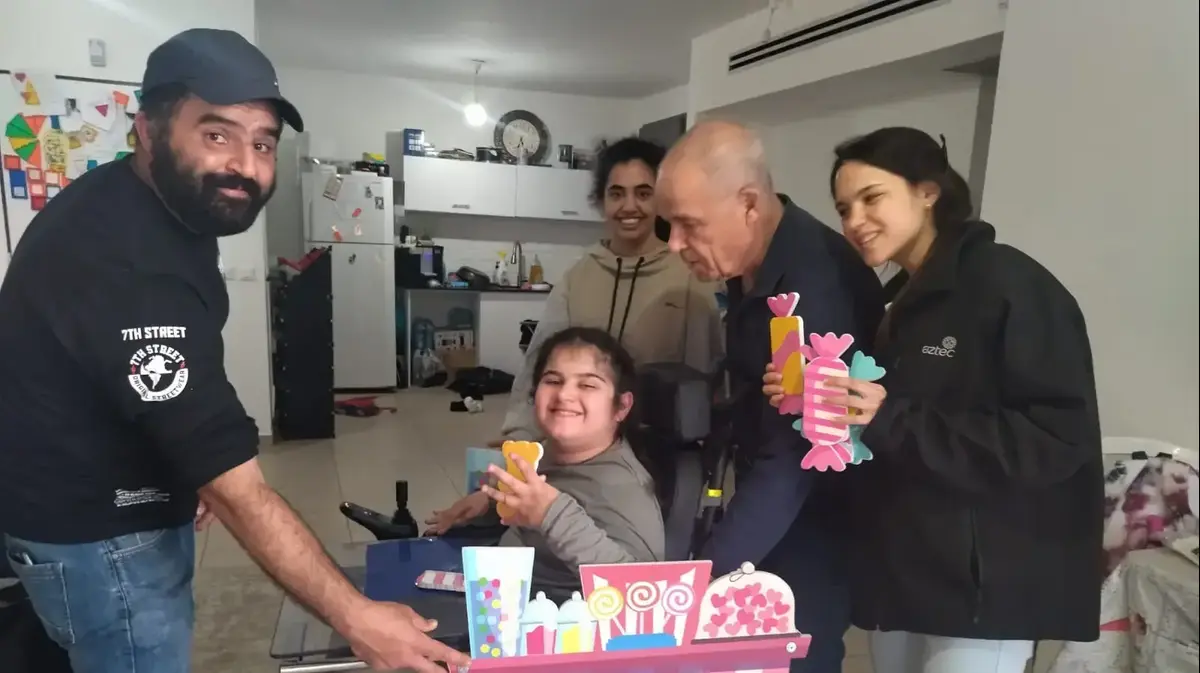“Dys”, as in dysfunctional, asymmetric, disharmonious… Since ancient Greece and its etymology, it is the prefix that annoys: it indicates the malformation and therefore has a great pejorative value.
But now, he designates a growing tribe: that of "dys" children, neither lazy nor disabled, intelligent, but struck by particularly discouraging difficulties on a daily basis.
When it comes to writing, tying their shoes, or keeping an addition table, they just can't do it.
In the past, they have been referred to as the dreaded dunces or betas.
But today, we know that growing up and learning is an obstacle course for them, regardless of their good will.
To read also:
The era of children "like no other"
Specialists speak of specific and pervasive learning disorders.
These “dys” disorders (see dyslexia, dysphasia, dyscalculia, dyspraxia, etc. presented below) are often associated.
They concern 5 to 10% of children, i.e.
This article is for subscribers only.
You have 91% left to discover.
Subscribe: 1 € the first month
Can be canceled at any time
Enter your email
Already subscribed?
Log in















